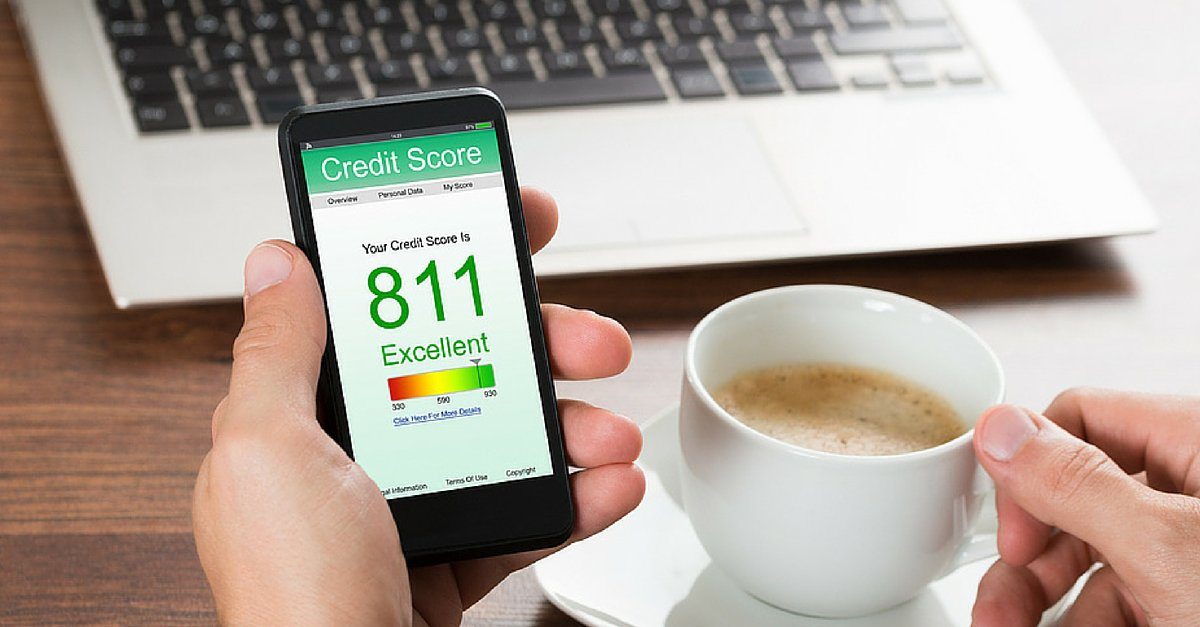
Most people are very well aware of the fact that they have a credit score and that this rating affects their ability to qualify for a loan and the interest rate they will pay. But did you know that lenders can now predict if you are a potential bankruptcy risk? Financial institutions are using this bankruptcy score to refuse credit to individuals who otherwise might have a good credit score.
What Is A Bankruptcy Score?
As our use of credit increases, lenders are looking for more tools to help them continue to lend more money, while reducing their overall risk. And it turns out that there is a significant difference in behavior between the person with bad credit who will not file bankruptcy, and the person with a similar bad credit score who will declare bankruptcy and this is what your bankruptcy score measures.
The person who is predicted to file bankruptcy is different than the typical bad credit borrower in that the potential bankrupt person:
- Uses his credit more often;
- Applies for credit more often;
- Has less accounts in collection;
- Has a higher credit utilization rate;
- And has more new accounts.
In other words the potential bankrupt has a much more active credit history than someone who has a history of delinquency on their existing accounts. Because of that credit bureaus have built new credit risk models that rank credit utilization, recent delinquencies (versus old accounts in collection) and recent inquiries much higher.
Equifax has been providing such a bankruptcy score to lenders for several years now. Called the Bankruptcy Navigator Index (BNI) this model “Predicts the likelihood of a consumer becoming bankrupt within the next 24 months”. However this is just one such model and there are many out there. Unlike the traditional credit score, there is not necessarily a similarity between rankings and they are not something that the average consumer can easily understand, let alone access.
What Does This Mean For Your Creditworthiness?
This bankruptcy score can impact you in two ways:
- You may be turned down for a loan despite having ‘good credit’;
- Lenders are using the bankruptcy score to increased the interest rate for borrowers deemed to be close to bankruptcy.
The risk factors identified by these models are similar to the types of behavior we see in people facing potential bankruptcy. They are in effect early debt warning signs.
- If you are being turned down for new credit today because of your added bankruptcy risk, then your ‘good’ credit score is meaningless.
- If you are delaying filing bankruptcy or making a consumer proposal, and your lender increases your interest rate because they view you as a bankruptcy risk anyway, putting off filing for several months will only increase the amount of interest you pay in the meantime.
- If you are being forced to turn to expensive alternative high cost borrowing options designed for bad credit borrowers because you have been denied credit, this is not a good way to solve your credit problem either.
While you may be worried about how bankruptcy will affect your traditional credit score, a bankruptcy or a consumer proposal may be a solution to cleaning up your high risk credit behavior so you can start over.
If you are working to improve your score, whether credit score or bankruptcy score, you need to look beyond a simple fix. Just getting a new loan or two may not have the impact you would like it to on your actual ability to qualify for a lower interest loan. Instead look to improving good borrowing practices that will help improve both scores:
- Keep balances low both in terms of your credit limit and your income;
- Pay all bills in full and on time;
- Limit the number of loans you have;
- Don’t make frequent applications;
- Use appropriate forms of credit.
Both borrowing and lending are becoming much more complicated and that is not likely to change. However as long as you build a healthy debt profile, you should not have to worry.
If you have too much debt, contact a Licensed Insolvency Trustee like Hoyes Michalos for a free consultation. Eliminating overwhelming debt is often the first step in repairing your credit and we can provide you with options that will even allow you to avoid bankruptcy.





